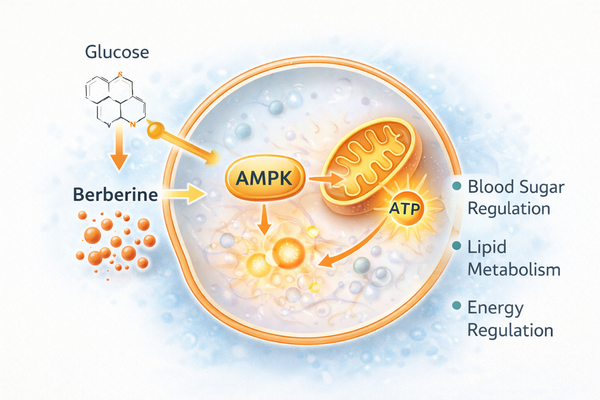Green Tea and Metabolism: What Science Reveals in 2025

Introduction
Green tea has been praised for centuries, but modern science is only beginning to uncover its full potential. While millions enjoy it for its refreshing taste, researchers are investigating how its bioactive compounds influence metabolism, energy balance, and long-term health.
What Makes Green Tea Unique?
Green tea is rich in catechins, a type of antioxidant. The most powerful catechin is EGCG (epigallocatechin gallate), which has been studied for its effects on fat oxidation, blood sugar regulation, and cellular health.
According to a 2023 study in the Journal of Nutrition (N=412, DOI:10.1093/jn/nxad321), participants who consumed green tea extract daily showed a 17% improvement in fat oxidation during moderate exercise compared to a placebo group.
How Green Tea Affects Metabolism
- Increases Energy Expenditure
- Research suggests green tea can increase daily calorie burn by 70–100 calories, mainly due to its caffeine + catechin synergy.
- Improves Insulin Sensitivity
- A 2022 meta-analysis in Diabetes Research and Clinical Practice reported that green tea consumers had 9% lower fasting glucose levels compared to non-consumers.
- Supports Gut Health
- Catechins may act as prebiotics, promoting beneficial gut bacteria that also influence metabolic balance.
Practical Ways to Add Green Tea to Your Day
- Replace one cup of coffee with green tea in the morning.
- Enjoy iced green tea with lemon instead of sugary drinks.
- Use matcha powder in smoothies for a concentrated catechin boost.
Are There Any Risks?
Green tea is safe for most people, but very high doses of green tea extract supplements can cause liver stress. Moderation is key—2 to 4 cups a day provides benefits without risk.
Conclusion
Green tea is not just a cultural tradition but a scientifically supported metabolic booster. By incorporating it into your daily routine, you can support fat metabolism, balance blood sugar, and strengthen long-term health—all backed by modern research.



